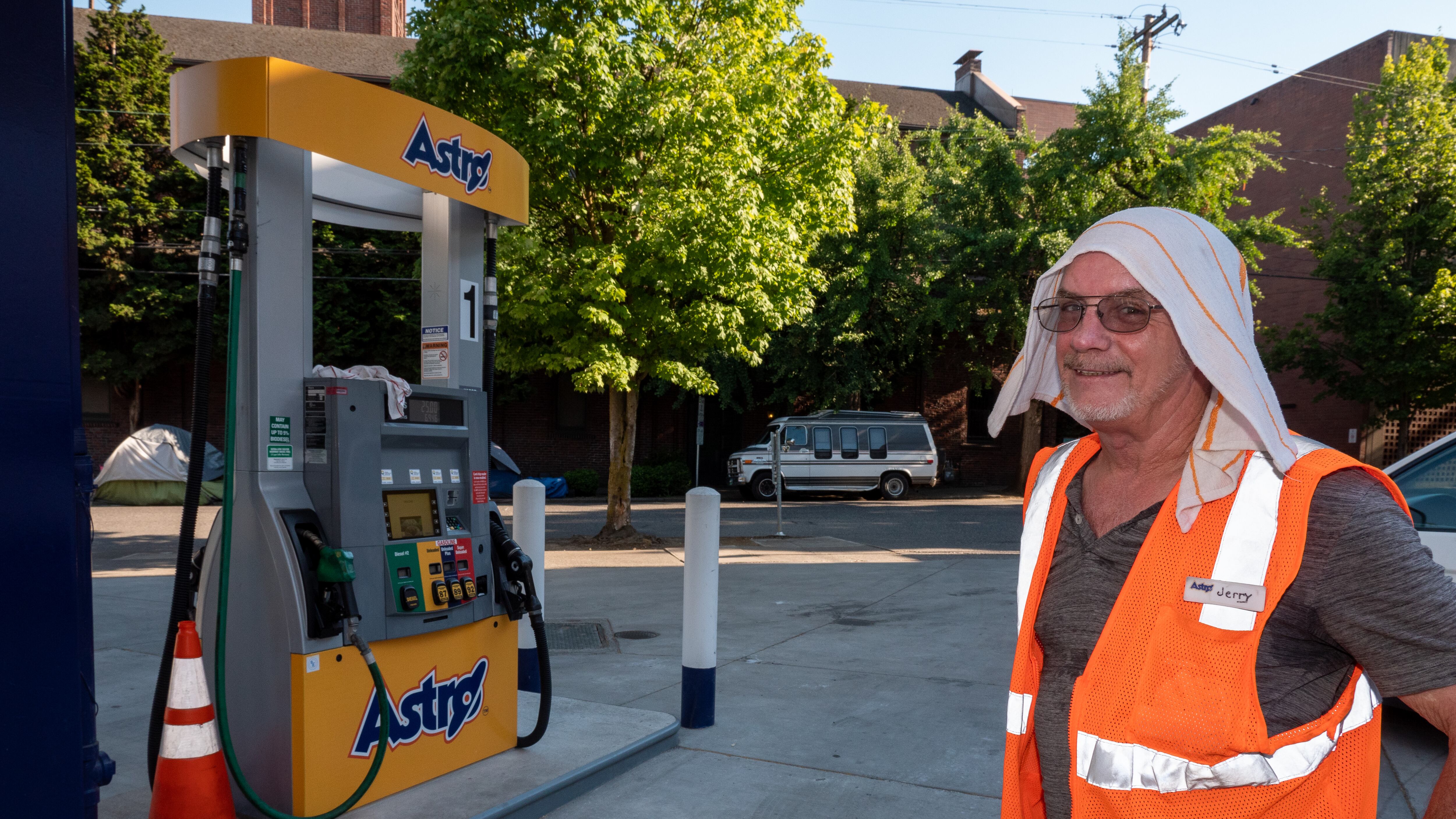Never bet against Oregon exceptionalism.
A bill that would allow gas stations to offer self-service fuel faces a hurdle that will be hard to jump in the short legislative session that ends on March 7.
House Bill 4151, which “authorizes self-service dispensing of Class 1 flammable liquids at retail dispensaries” in Oregon has been delayed because the Oregon Fire Marshal says the agency needs $543,376 for the 2021-23 budget to regulate consumer pumping.
The request means that the bill has a “fiscal impact” and must be sent to the Joint Committee on Ways and Means, a move that will delay work and likely doom the bill, says Gabriel Zirkle, president of the Oregon Fuels Association, which has been lobbying for it.
“We didn’t see this coming,” Zirkle said in an interview. “Now, we have to come up with a fee to answer the question of how do we pay for the fire marshal.”
Oregonians have been grousing about the lines at the state’s full-service-only islands for years. Oregon and New Jersey are the only states that don’t allow self service fueling across the state.
Complaints have mounted during the pandemic because gas stations, like most other businesses in Oregon, have had a hard time attracting workers.
Zirkle owns 50 gas stations himself and says he’s had to cut the hours he’s open because of staffing shortages. Other stations have had to close for days or weeks, he says.
The bill has bipartisan support. It’s sponsors are Rep. Shelly Boshart Davis (R-Albany) and Rep. Julie Fahey (D- West Eugene).
Oregon prohibited self service in 1951 amid concern about customers handling flammable liquids. The state eased up a bit in 2018, passing a law that permits self-service at stations in counties with fewer than 40,000 people.
Backers of HB 4151 say it doesn’t threaten jobs at filling stations, a concern during past periods of high unemployment. Stations would still be required to have attendants, and about half of their pumps would have to remain full service.
Testimony on the bill has been heated.
“Like many Oregonians who have ever lived, worked, or spent time in any other state or country, I have long seen tremendous folly in the pretense that Oregonians are not smart enough to safely pump their own gasoline,” wrote Portland doctor Bryan Maxwell.
Maxwell said he’s been tracking how much time it takes him to get gas. It ranges from 17 minutes to “infinite minutes (gas station closed at 8am due to zero attendants),” he wrote.
Opposition to the bill came from the elderly, people who use wheelchairs, and from the United Food and Commercial Workers Local 555, which represents station attendants.
“We are deeply concerned about the ramifications of this bill for our members and for Oregonians who—due to age or ability—have difficulty pumping their own gasoline,” wrote Madison Walters, political liaison at UFCW Local 555. “While the measure proposes to maintain a certain level of staffing at gas stations (which we appreciate), it nevertheless represents the first cut in a pathway that will lead to the reduction and subsequent disappearance of jobs, and a higher risk of spills and dangerous accidents.”
Catching the flu or COVID from a pump is also a concern for Walters. Oregon and New Jersey “have historically shown statistically lower flu contagion rates than their counterparts,” Walters wrote. “As new, more contagious COVID variants appear, Oregon may want to re-think adopting a policy that would lead to many traveling people necessarily grabbing a common pump handle.”
Guidance from the U.S. Centers for Disease Control shows such concern might be misplaced. “It is possible for people to be infected through contact with contaminated surfaces or objects (fomites), but the risk is generally considered to be low,” the CDC wrote last April.
